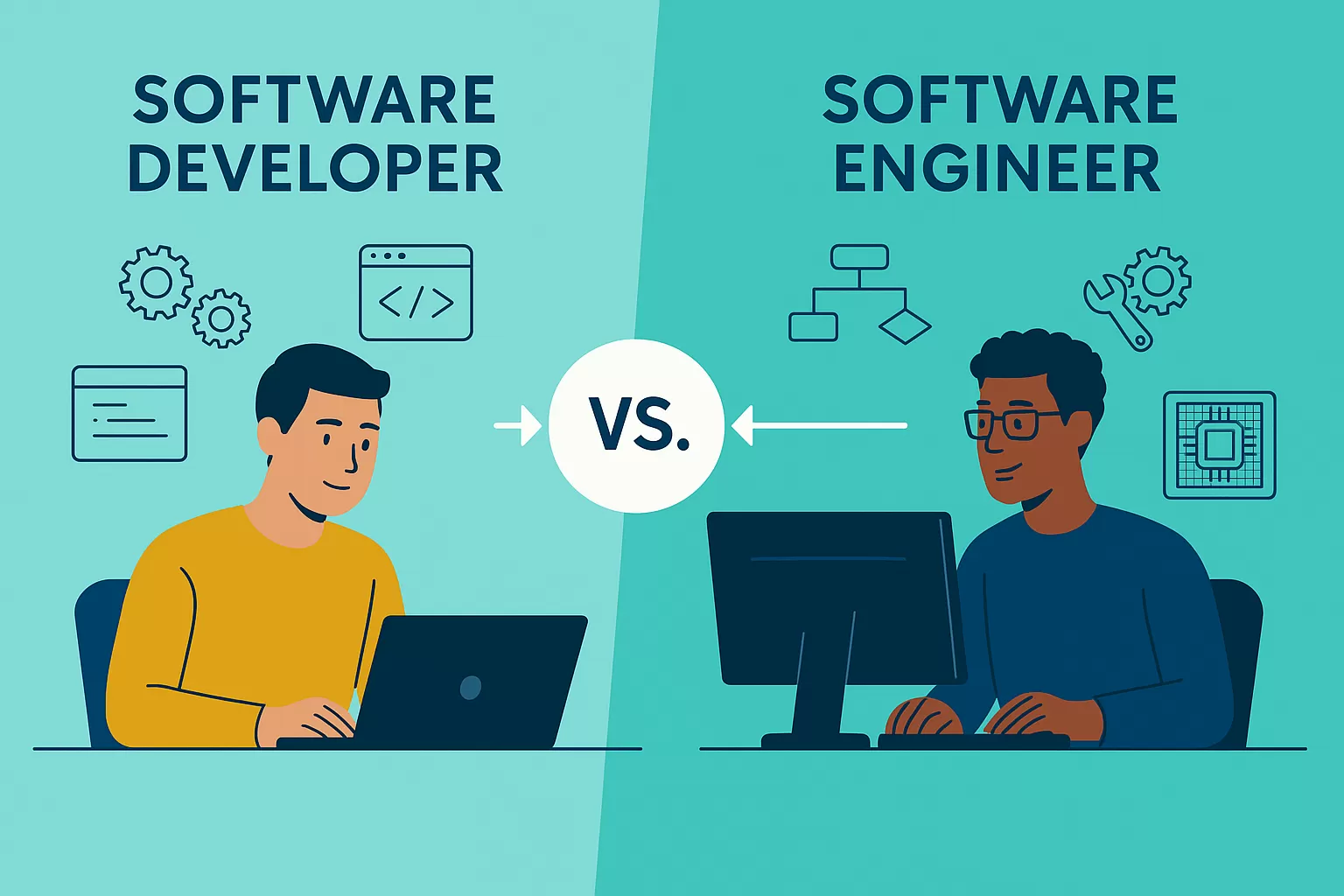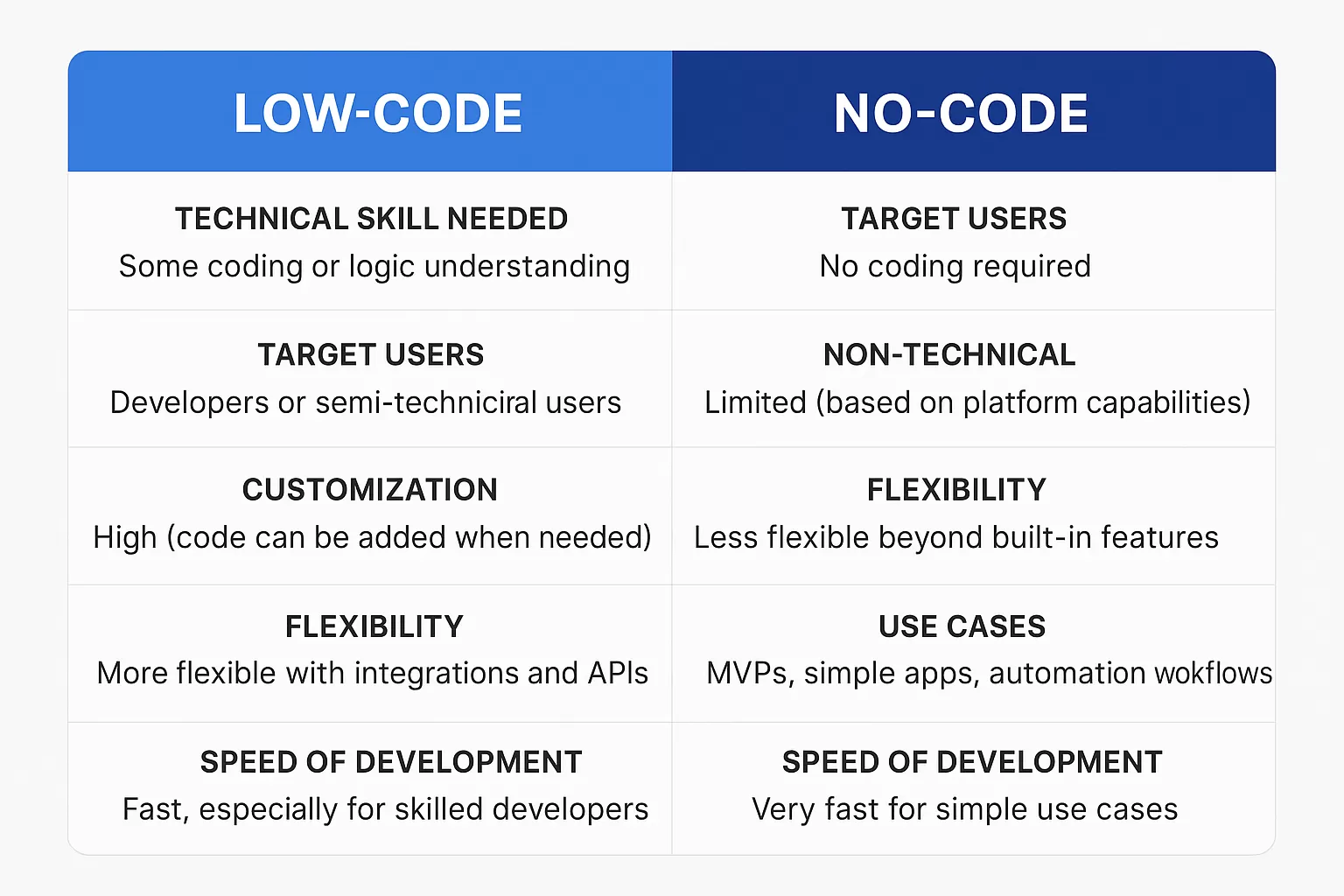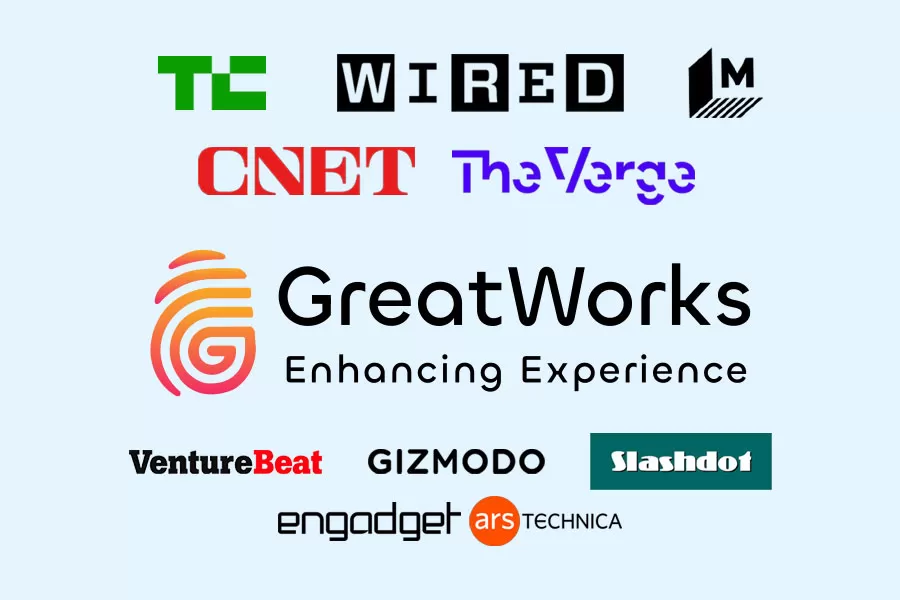
- Services .
- Industries .
- Company .
Explore detailed insights, expert opinions, and updates in our blog. Stay informed, discover new perspectives, and enhance your knowledge with every read.

The financial services industry is at the heart of the global economy—and it's being radically transformed by technology. Gone are the days when traditional banks and institutions could rely solely on brick-and-mortar branches or manual systems. Today, cutting-edge technologies like artificial intelligence, blockchain, big data, cloud computing, and robotic process automation are fundamentally reshaping how financial services are delivered and experienced.
These advancements are not just about improving speed and efficiency. They’re about rethinking the entire ecosystem of finance: how customers interact with money, how institutions assess risk, how fraud is detected, and how new financial products are created and deployed. In this blog, we’ll explore the real-world impact of these technologies and what it means for the future of finance.
Artificial intelligence (AI) is no longer a buzzword—it’s actively redefining core financial operations.
· Fraud Detection: AI-powered systems can analyze thousands of transactions per second to detect unusual patterns and flag potential fraud in real time.
· Credit Scoring: Traditional credit checks rely heavily on outdated models and limited data. AI uses broader datasets—like utility bills, spending habits, and even social signals—to offer fairer credit evaluations.
· Customer Support: Virtual assistants and chatbots now resolve queries 24/7 using natural language processing (NLP), reducing wait times and improving client satisfaction.
AI enables financial institutions to make faster, more accurate, and often more ethical decisions by removing human bias from many processes.
Blockchain technology is proving to be a game changer for secure, transparent, and tamper-proof transactions.
· Cross-Border Payments: Traditional international transactions can take days and incur high fees. Blockchain-based payment systems like Ripple or Stellar enable real-time, low-cost settlements.
· Smart Contracts: These self-executing contracts reduce the need for intermediaries, making processes like insurance claims or loan approvals quicker and more trustworthy.
· Digital Identity & KYC: Blockchain can securely store identity credentials and verification documents, speeding up Know Your Customer (KYC) processes while protecting user privacy.
Many major banks and even governments are now exploring central bank digital currencies (CBDCs), built on blockchain technology, as part of the next wave of monetary evolution.
Financial services generate massive amounts of data every day. Big data tools allow firms to gather, process, and make sense of this information at scale.
· Risk Management: Banks use predictive analytics to forecast potential risks before they materialize—be it market volatility, credit default, or operational disruption.
· Personalized Banking: Customer data is used to tailor services like savings plans, investment advice, or insurance products based on individual goals and behaviors.
· Market Insights: Investment firms use big data analytics to gain competitive insights, analyze stock trends, and make data-driven decisions faster than ever.
By leveraging data properly, financial organizations can enhance both profitability and customer trust.
Cloud infrastructure allows financial firms to be more agile, scalable, and cost-efficient than ever before.
· Global Access: Cloud-based platforms enable real-time access to services and data from anywhere—ideal for remote teams and global customer bases.
· Security and Compliance: Modern cloud services are built with encryption, firewalls, and compliance protocols (such as GDPR, PCI DSS) to meet strict financial regulations.
· Rapid Innovation: Cloud services reduce IT overhead, allowing institutions to experiment with new tools, deploy apps faster, and reduce time-to-market for new financial products.
From digital banking apps to algorithmic trading platforms, cloud is the silent engine powering much of today’s finance.
RPA automates repetitive, rules-based tasks that would otherwise require manual input—saving time, reducing errors, and cutting operational costs.
· Invoice Processing: Automatically extracting data from invoices and inputting it into accounting systems.
· Account Reconciliation: Matching internal transaction records with external statements without human input.
· Customer Onboarding: Auto-filling forms, document verification, and identity checks—done in seconds.
By combining RPA with AI (a practice known as intelligent automation), institutions are streamlining processes while maintaining accuracy and regulatory compliance.
With increased digitization comes increased exposure to cyber threats. Financial institutions are prime targets for attacks due to the sensitive data and high-value transactions they handle.
· AI-Powered Threat Detection: Systems that monitor behavior in real time to detect anomalies.
· Multi-Factor Authentication (MFA): Protecting accounts with additional identity checks.
· Zero Trust Architecture: Never assuming trust and verifying everything, internally and externally.
Strong cybersecurity isn’t optional—it’s foundational to trust in modern financial services.
Fintech startups are driving innovation and challenging traditional banks by offering specialized services—faster loans, lower fees, seamless user experiences. At the same time, open banking regulations (like PSD2 in Europe) are empowering users to share financial data with third-party apps safely.
This new openness allows for:
· Aggregation of multiple accounts in one app
· Custom savings and budgeting tools
· Faster peer-to-peer (P2P) lending or microloans
Traditional banks are now partnering with or acquiring fintechs to stay competitive and serve digitally savvy customers.
The financial sector is no longer just about money management—it's about leveraging technology to empower every financial interaction, from the back office to the customer’s pocket.
Institutions that adopt and integrate advanced technologies are better positioned to thrive in this fast-changing environment. They can deliver better services, stay compliant, increase efficiency, and most importantly—build deeper trust with clients.
For consumers, it means faster access, more personalization, and greater control over their financial lives.

Software Developer vs. Software Engineer: What’s the Difference?

Low-code vs. no-code app development

What Is Digital Transformation? A Modern Business Guide

Top Challenges in Enterprise Application Development & Their Solutions

Complete SaaS Application Development Guide 2025

How Programming Outsourcing Works in 2025

The Psychologist Improving Education with AI Tools

How ChatGPT Saves Teachers 3–10 Hours Every Week

Space Debris Crisis: The Silent Threat Above Earth

Top Tech Blogs for 2025: Founders, Facts & Insights